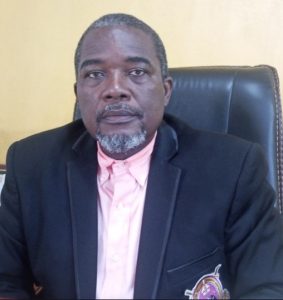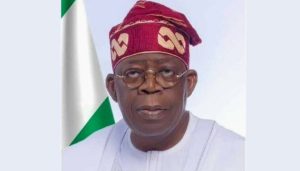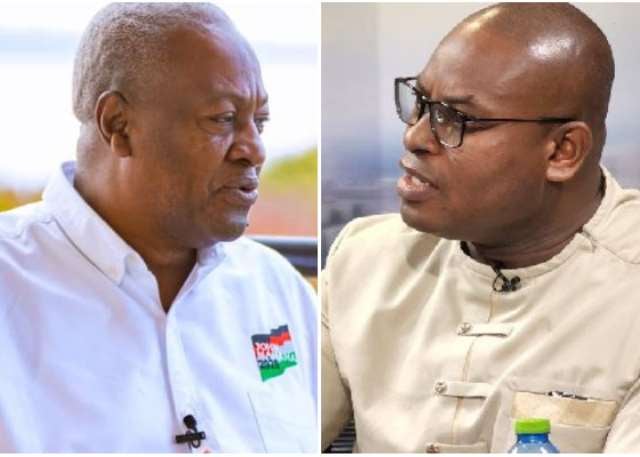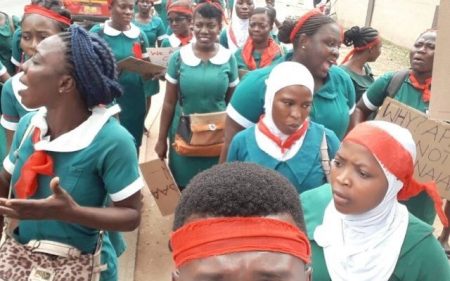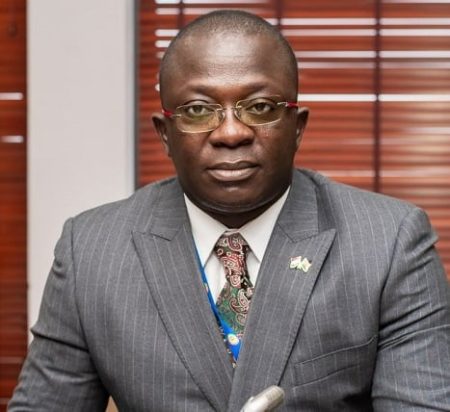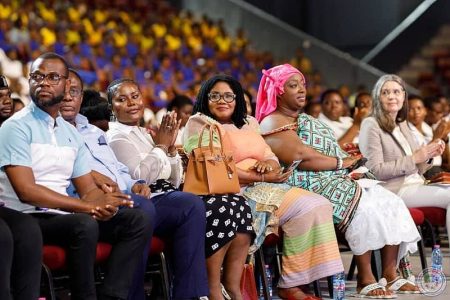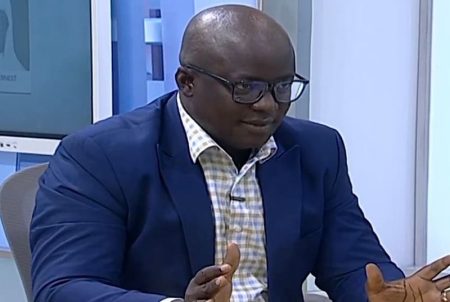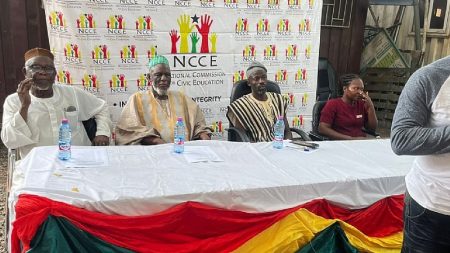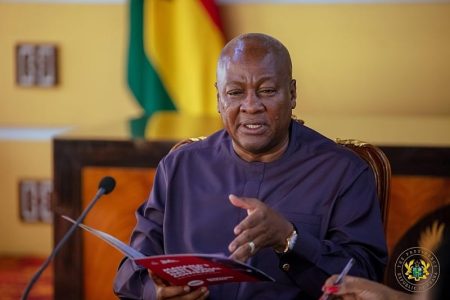Richard Ahiagbah, the Communications Director of Ghana’s New Patriotic Party (NPP), has launched a scathing critique of President John Dramani Mahama and the ruling National Democratic Congress (NDC), accusing them of employing intimidation tactics to stifle political dissent and divert attention from pressing economic issues. Ahiagbah argues that the NDC, having promised a revitalized 24-hour economy, is instead presiding over a “24-hour intimidation” of political opponents, citing recent arrests of prominent NPP figures as evidence of this troubling trend. This alleged strategy of suppression, according to Ahiagbah, serves as a convenient smokescreen to obscure the government’s failures in addressing the nation’s economic challenges and its unfulfilled promises of job creation.
Central to Ahiagbah’s accusations are the recent arrests of Bernard Antwi Boasiako, also known as Chairman Wontumi, the NPP’s Ashanti Regional Chairman, and Alfred Ababio Kumi, another NPP member. Chairman Wontumi was apprehended by the Economic and Organised Crime Office (EOCO) following interrogation by the Criminal Investigations Department (CID) over allegations of illegal mining, claims he vehemently denies. Kumi’s arrest, orchestrated by the National Investigations Bureau (NIB), stemmed from a petition he submitted to the Presidency, advocating for the dissolution of a committee investigating petitions seeking the removal of Chief Justice Gertrude Esaaba Torkornoo. Ahiagbah contends that these arrests are politically motivated, forming part of a broader pattern of harassment designed to silence critical voices within the opposition.
Ahiagbah’s core argument centers on the perceived disconnect between the NDC’s campaign promises and its actions in power. He highlights the NDC’s pledge of a vibrant 24-hour economy, a promise that, in his view, has been betrayed by the government’s focus on pursuing political opponents rather than addressing the economic anxieties of the Ghanaian populace. He posits that the government’s pursuit of “accountability” is a deceptive tactic, a thinly veiled attempt to mask its own inefficiencies and inability to deliver on its economic agenda. The central question Ahiagbah poses to President Mahama is a simple yet potent one: “Where are the jobs?” This query encapsulates the growing public frustration with the perceived lack of economic progress and the government’s apparent prioritization of political maneuvering over tangible economic solutions.
The NPP spokesperson’s assertions paint a picture of a government increasingly reliant on intimidation tactics to maintain control and deflect criticism. He frames the arrests of Chairman Wontumi and Kumi not as isolated incidents but as symptomatic of a broader strategy to suppress dissent and neutralize political opposition. By focusing on alleged wrongdoings within the opposition, Ahiagbah suggests, the government hopes to divert public attention from its own shortcomings and avoid accountability for its unfulfilled promises. This, he argues, is a dangerous precedent that undermines democratic principles and threatens the freedom of political expression.
Ahiagbah’s accusations resonate with a deeper concern about the state of Ghana’s political discourse. His criticism of the government goes beyond mere policy disagreements, delving into the realm of political ethics and the importance of upholding democratic norms. He implicitly warns against the dangers of using state institutions to target political opponents, arguing that such actions erode public trust and create a climate of fear and intimidation. He calls for a refocusing of priorities, urging the government to prioritize the economic well-being of the Ghanaian people over political machinations.
The ongoing tension between the ruling NDC and the opposition NPP underscores the challenges facing Ghana’s democracy. Ahiagbah’s vocal critique of the government serves as a reminder of the importance of a robust and independent opposition in holding power to account. His concerns regarding the alleged misuse of state institutions to silence dissent raise critical questions about the protection of fundamental rights and the integrity of the democratic process. The central issue remains the government’s ability to deliver on its economic promises and address the legitimate concerns of the Ghanaian people, concerns that, according to Ahiagbah, are being overshadowed by a politically motivated campaign of intimidation.


